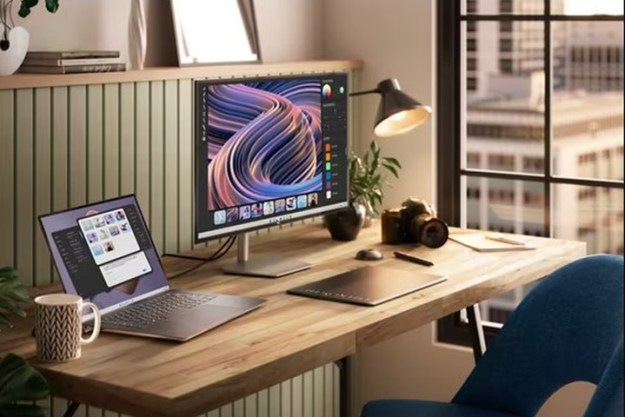Remember the story a few years ago about how someone driving in Europe rode into the ocean late at night thinking that they could drive across the English Channel because their GPS system pointed them in that direction?
Let’s just say the scenario doesn’t seem so far-fetched these days: As any GPS owner can testify, if you have one, you likely have given up the habit of consulting maps entirely and use the gadget to guide you wherever you need to go.
The only problem, besides the lack of education such trends promote? Most units don’t take into account traffic conditions, and even the rare ones that do are often dependent on reports that are outdated by the time they receive them, forcing you to sit there stuck right along with your non-GPS-using peers.
And of course if you own one of these devices, you have also likely run into the problem of maps getting old and needing to be replaced more often than just annually. Not to mention that you must often deal with issues associated with new streets not contained in the device, roads that have been closed or moved, and the fundamental underlying dilemma of something trying to guide you which only sees the world as it existed months or years before.
Thankfully, the Dash Express has the potential to change the status quo. But while the gizmo is more expensive than many other units at $599 in addition a regular fee for the service and connection of (between $10-$13/month depending on how many months you purchase in advance), it might just be worth the extra cash.
The First Peer to Peer Connected GPS System
You see, the Dash Express is not only a connected device – it is a chatty device as well.
In addition to constantly looking for information that could improve your commute, it is communicating information back to other Dashes, passing on real-time information concerning traffic conditions. While this second feature won’t be a big benefit until there are a large number of devices in use, over time, chances are they will form a semi-intelligent network of sensors, which will make the entire Dash ecosystem sort of hyper-aware and self-sustaining unto itself.
Granted, the first guy that gets held up in an accident or first couple businesswomen that get caught in bumper-to-bumper gridlock may not be helped much. However, the good news is that everyone after them will know there is a problem ahead, and their Dash units will intelligently route them around it, probing for additional problems and alerting those that follow of where these trouble spots lie.
What’s more, if lots of people were to use them overtime, traffic jam frequency could actually taper off, as secondary roads become more effectively used to cut down on congestion on main thoroughfares. And because the Dash offers full connectivity, you can also browse for things like restaurants or stores and route directly to them, or even more interestingly, search for destinations using your own PC and send their addresses directly to the device, planning out your day and not having to do it on a pint-sized screen.
Added bonus: While initially the system’s maps won’t update wirelessly, this too is planned for the future, so you never have to wonder if where you are going is actually there.
The Future of Technology
With more and more connectable gadgets coming to market like the Amazon Kindle, Microsoft’s Zune II and now the Dash Express, rest assured that we are going to see a lot more connected products arriving at retail in general over the next several years.
I don’t think we really have any idea how all of this is going to pan out, but I do believe that by the end of the decade, it will be hard to find an MP3 player, notebook computer, navigation device, or camera that isn’t connected to a network at one time or other. And once all these different devices begin to talk to each other as well as the Web, well… let’s just say their potential collective might boggle the imagination.
That said, if you ever needed an indication that the future is coming like a freight train, look no further than the sheer speed of these developments for instant confirmation. Consider the Dash just another indicator of the amazing things to come.
Editors' Recommendations
- This HP laser printer deal cuts over 50% off the price for a limited time
- Best deal ever? Get 80% off PureVPN and an Uber Eats voucher
- This headset and mic combo is 40% off — perfect for streaming
- Forget Apple’s 5K Studio Display: Dell’s UltraSharp 6K monitor is $150 off
- This Samsung 27-inch QHD gaming monitor is almost 50% off


